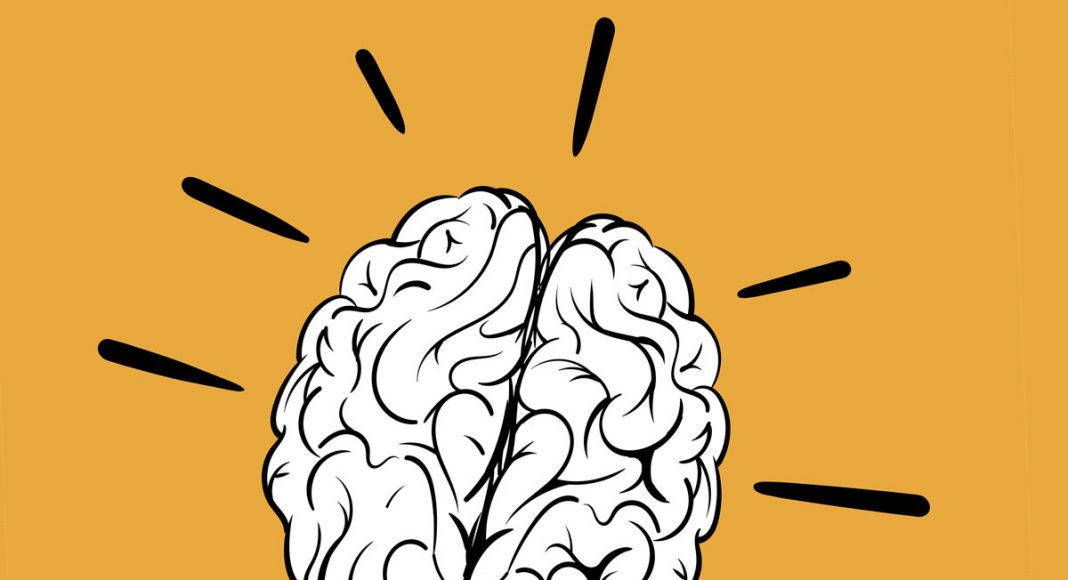Marijuana smokers have been stereotypically mocked for short-term memory loss, and there is genuine concern about memory impairment due to cannabis consumption, particularly among seniors who are considering cannabis as a therapeutic option.
But the importance of forgetting in mental health should not be underestimated.
There is a small but growing body of evidence that suggests cannabidiol (CBD), a non-intoxicating component of cannabis, can aid in addiction recovery due to its effects on memory. Work by Brazilian scientists at the Universidade Federal de Santa Catarina adds to our understanding of this process.
There are many facets to addiction, a word that is not used for medical diagnosis. (Instead, terms like dependence, abuse, misuse, and use disorders are used to describe slight differences in addictive behaviors.) Regardless of its exact definition, cue-induced cravings – whether due to the pervasiveness of alcohol at social events, for example, or the patterns one associates with smoking cigarettes – makes recovery from addiction difficult.
When someone is exposed to a drug-related cue, the experience of the drug is relived to an extent, and then reconsolidated so it can be recalled again later. CBD may specifically interfere with this reconsolidation process, reducing future cravings, according to a 2017 study published in the Journal of Addiction Biology.
This work was done in mice; an animal model for cue-induced craving is called conditioned place preference (CPP). First mice are conditioned to associate one setting with a rewarding drug like morphine and another with no drug. Their preference for the morphine-associated room is then measured in the absence of the drug. Although this model is simplistic it is associated with outcomes in humans, such as relapse.
When a moderate dose of CBD was given immediately after cue exposure, the reconsolidation of the cue was disrupted. Ideally, this would translate in humans to a disrupted reconsolidation of opiate cravings.
For the following two weeks, the CBD-treated mice preferred the morphine-associated room much less than untreated animals. Moreover, the single treatment with CBD retained this protective effect even when morphine was re-administered later (a model of relapse).
-
Related Story: Does Using Cannabis Make You Forgetful?
Other work has shown that CBD can reduce the rewarding effects of opiates specifically. This research suggests that CBD may aid in unlearning the habits from addiction, which lead to cravings and relapse well after withdrawal has subsided. For some, cannabinoids may be a path away from addiction rather than a gateway to it.
This story was first published by Project CBD.


